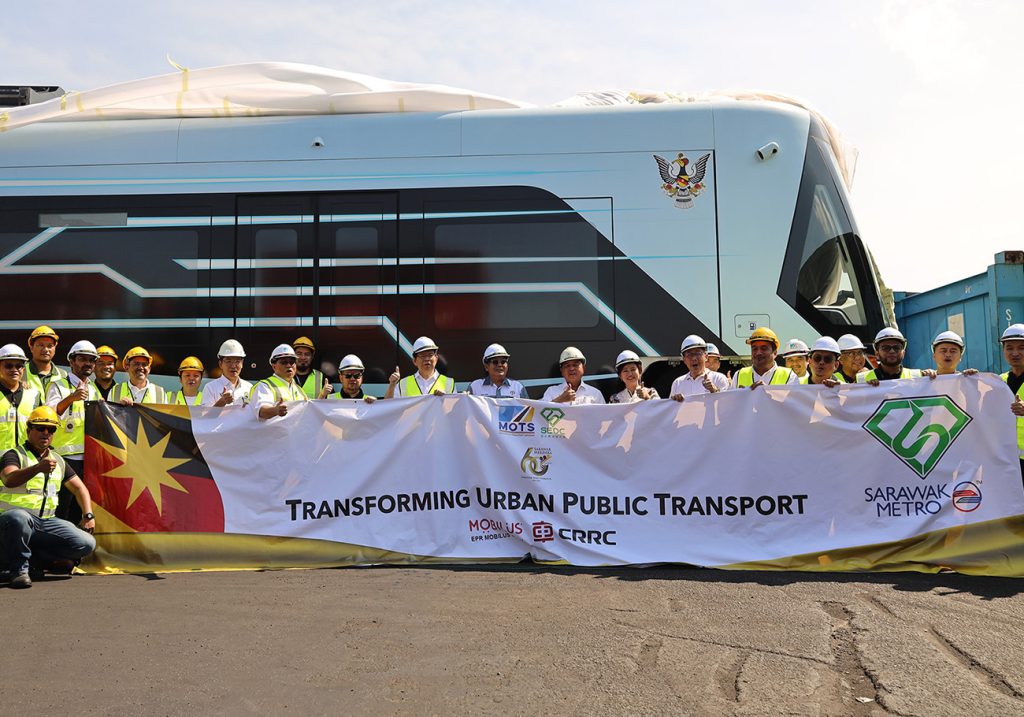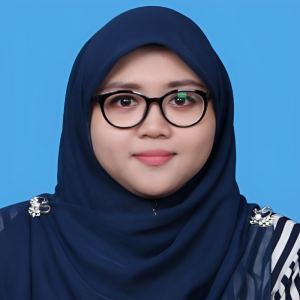Sarawak recently introduced and launched one of its Autonomous Rapid Transit (ART) vehicles, a hydrogen fuel cell bus, marking a pioneering step in Southeast Asia. This initiative underscores Sarawak’s commitment to modernising its public transportation system while significantly reducing emissions and contributing to environmental improvement, mirroring global trends.
These innovative modes of transportation are particularly beneficial for Sarawak due to their eco-friendliness. Hydrogen buses, in contrast to conventional petrol-fuelled ones, utilise hydrogen gas stored in tanks onboard, eliminating the need for fossil fuels and the associated emissions.
Furthermore, hydrogen buses are environmentally conscious since they produce zero emissions, thereby mitigating their ecological footprint. These vehicles also excel in reducing noise pollution, as they operate virtually silently, in stark contrast to the traditional diesel or petrol engines, making them well-suited for urban areas. With dedicated tracks, these buses reduce the need for constant horn use, enhancing the tranquillity of the city.
 (Photo credit: Sarawak Metro)
(Photo credit: Sarawak Metro)
The convenience of hydrogen buses is another notable advantage for Sarawak’s residents. Simplifying daily commutes and errands saves time and reduces stress, ultimately enhancing the overall quality of life. NotabWhicly, the hydrogen bus operates like a trackless tram, easing congestion during peak hours and enhancing urban mobility.
Additionally, hydrogen buses promote cultural exchange and foster interactions among people from diverse regions and backgrounds. Tourists, both local and international, are drawn to this innovative mode of transportation, contributing to cultural exchange and promoting understanding and tolerance. This indirectly bolsters Sarawak’s tourism industry and drives economic growth.
Transportation is a vital driver as it expands business reach and access to markets beyond local boundaries, fostering productivity, innovation, and job creation. Sarawak has ambitious plans to establish itself as a leader in the country’s emerging hydrogen economy, with large-scale commercial hydrogen production and export set to commence by 2027.
Hydrogen buses are steadily gaining prominence as a sustainable choice for public transportation. They offer a clean, cost-effective, and quiet mode of travel, surpassing traditional diesel buses while requiring less maintenance. Sarawak’s pioneering step towards embracing hydrogen buses exemplifies its dedication to a greener and more advanced future for transportation.

About the Author:
DAYANG NUR KHAIRUNNISA AWANG RAYI
Programme Leader and Lecturer, Faculty of Business, Accountancy & Law, SEGi College Sarawak
Dayang Nur Khairunnisa began her tenure at SEGi College Sarawak in July 2023, currently holding the roles of Programme Leader and lecturer within the Faculty of Business, Accountancy & Law. She obtained her Bachelor’s degree in Business Administration with honours, specialising in Business Economics, from UiTM Kota Kinabalu, Sabah, and further enhanced her academic credentials by earning a Master’s degree in Business Economics from UiTM Shah Alam, Selangor. Prior to embarking on her academic career, Dayang Nur Kairunnisa accumulated valuable experience in the banking industry, particularly with Hong Leong Bank. Her journey commenced with her selection to participate in the Graduate Trainee Programme of SME Banking at the headquarters of Hong Leong Bank in Damansara. Subsequently, she assumed the role of a Community Business Executive within the SME Banking division at the bank’s main branch in Kuching before later resuming her position as an Executive Merchant Onboarding Specialist at Hong Leong Bank Damansara.

